PTO Board
Officers
- Robin Brandehoff, Co-President
- Evren Wilder Elliott, Co-President
- Charles Adams, Treasurer
- Christian Bell, Secretary
Members at Large
- Rachel DeSoto-Jackson,
- Aaron Ellis, Co-Editor PTO Journal
- Lisa Jo Epstein
- Viviana Quiñones Fabre
- Pink Flowers
- Patricia Freitas, Co-Editor PTO Journal
- Nadia Garzón
- Kelly Howe
- Ethan Kankula
- Chetna Mehrotra
- Maxwel Eliakim Okuto
- Rachel Radina
- Maria Tereza Schaedler-Luera
- Mark Weinberg
- Doug Paterson, Board Member Emeritus
Board Bios
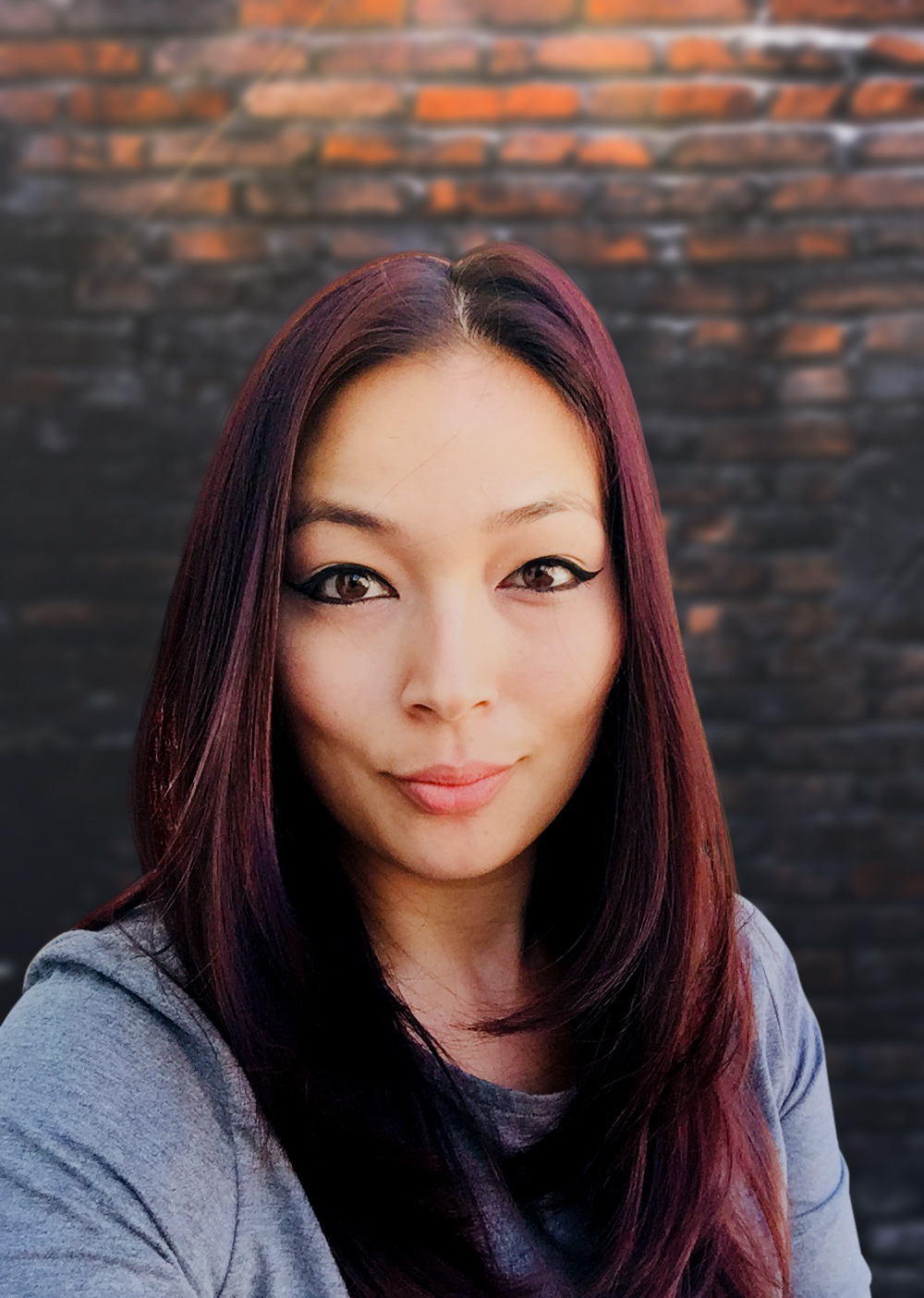 Robin Brandehoff, Co-President, is an educator at University of Colorado Denver, in the field of Education. Her undergraduate degrees are in Theatre Performance and Dramaturgy, both of which helped her to craft lessons and units that she later used in her classroom. As a middle and high school English teacher, Robin utilized the works of Brecht and Boal’s theatre games to encourage incarcerated and gang-affiliated youth from opposing factions to feel comfortable around each other and to eventually work together. Both Pedagogy and Theatre of the Oppressed have been instrumental in Robin’s work and scholarly pursuits to guide classroom learning and community exploration, prompting students to not only explore the texts in which they read, but to rewrite and share the stories of their life.
Robin Brandehoff, Co-President, is an educator at University of Colorado Denver, in the field of Education. Her undergraduate degrees are in Theatre Performance and Dramaturgy, both of which helped her to craft lessons and units that she later used in her classroom. As a middle and high school English teacher, Robin utilized the works of Brecht and Boal’s theatre games to encourage incarcerated and gang-affiliated youth from opposing factions to feel comfortable around each other and to eventually work together. Both Pedagogy and Theatre of the Oppressed have been instrumental in Robin’s work and scholarly pursuits to guide classroom learning and community exploration, prompting students to not only explore the texts in which they read, but to rewrite and share the stories of their life.
Robin’s background prior to teaching included working at her college theatre as the educational outreach coordinator and the community blind center as a volunteer coordinator. These positions enabled her to gain organizational skills and quick problem-solving techniques in hosting conferences and large-scale events for a range of attendees. Recently, her work as Program Director for Pathways to Teaching (a teacher pipeline program for high schoolers in Colorado, Tennessee, and Minnesota) and involvement with the Grow Your Own Collective (a national collective of educators, union members, and community organizers to establish best practices for teacher pipeline programs) has increased her experience in organizing national events; writing, collaborating, editing, and publishing research papers; and using social media as a tool to update, educate, and collaborate with others.
Evren Wilder Elliott: After attending my first PTO conference in 2017, I have continuously fallen further in love with engaging communities through Theatre of the Oppressed. Many of my favorite people I met through PTO trainings and conferences, and it is my honor to submit myself as a nomination to serve on the PTO Board.
As a creative practitioner, I was awarded a grant from the Indiana Arts Commission to organize Social and Political theatre workshops with transgender people all across the state, using Theatre of the Oppressed practices as well as engaging in other practices of physical and meditative movement to investigate our relationships as trans people with ourselves, and how those relationships are affected by the larger systems of society. I have recently received a fellowship with the IAC to continue this work on a larger scale, building on community partnerships and working towards sustainability.
I also work in housing. My full-time job is working with youth and young adults as a Youth Housing Case
Manager at Damien Center, the largest AIDS Service Organization in Indiana. I work with these individuals on getting housed, setting goals, and engaging in self-directed development in order to
interrupt the cycle of homelessness.
As a PTO Board Member, I hope to offer my creative drive and my passions for creating sustainable
change to continue to build upon, challenge, and affirm the work that has inspired me so thoroughly.
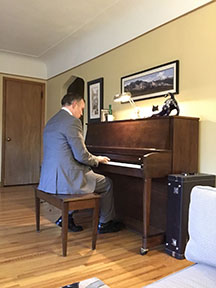 Charles Adams, Treasurer, is a teacher, writer, dramaturg, and facilitator/joker in the Twin Cities area of Minnesota. He has aPhD in Theatre Historiography from the University of Minnesota and an MFA in drama and theatre for youth from the University of Texas at Austin. His research is in areas of theatre and social change, especially in the fields of Theatre in Education, critical pedagogies, and transformation. He has worked as a teaching artist for 25+ years, training novice teaching artists as well as teaching educators in methodologies and philosophies for using embodiment as a means of resisting dehumanizing modes of education. Charles currently teaches as an adjunct at the University of Minnesota, where he teaches Introduction to Theatre, and at Augsburg University, where he teaches numerous courses in theatre historiography, script analysis, dramaturgy, acting and improvisation, and introduction to theatre. He also serves as the departmental dramaturg for the mainstage season.
Charles Adams, Treasurer, is a teacher, writer, dramaturg, and facilitator/joker in the Twin Cities area of Minnesota. He has aPhD in Theatre Historiography from the University of Minnesota and an MFA in drama and theatre for youth from the University of Texas at Austin. His research is in areas of theatre and social change, especially in the fields of Theatre in Education, critical pedagogies, and transformation. He has worked as a teaching artist for 25+ years, training novice teaching artists as well as teaching educators in methodologies and philosophies for using embodiment as a means of resisting dehumanizing modes of education. Charles currently teaches as an adjunct at the University of Minnesota, where he teaches Introduction to Theatre, and at Augsburg University, where he teaches numerous courses in theatre historiography, script analysis, dramaturgy, acting and improvisation, and introduction to theatre. He also serves as the departmental dramaturg for the mainstage season.
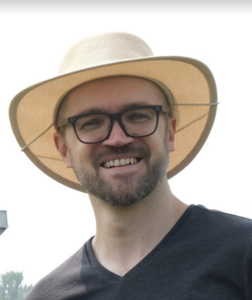 Chris Bell, Secretary, is a recent PhD graduate from the Department of Theatre
Chris Bell, Secretary, is a recent PhD graduate from the Department of Theatre
Arts and Dance at the University of Minnesota and a settler of German and Polish ancestry. He notes his positionality as a settler to recognize systems that have allowed him- a white, non-native, cis gender male – to occupy the traditional, ancestral and contemporary lands of the Dakota people. He comes to PTO with a vested interest in Native-led landback movements. For the past several years Chris has been collaborating with White Earth Nation, about a four-hour drive north of Minneapolis, on a community-based theatre initiative that supports and amplifies Ojibwe-led recovery of land, culture, and language. His collaborators at White Earth Nation have prompted me to reflect on the responsibility of TO facilitators. He is particularly interested in how the integrity of TO facilitation is contingent upon structuring an ethics that’s in conversation with communities that have historically and contemporaneously been tied to the recovery of place and culture.
Chris is eager to offer his experience as an ally with Native-led landback movements as we engage
with sites for future conferences. And, along with the conference, he’s eager to work in
collaboration with PTO members to thoughtfully reconsider our collective approach to land
acknowledgements. As part of the board, he looks forward to posing the question: Are declarative
land acknowledgements enough? How might TO offer a space to glimpse possibilities for living
the land acknowledgement?
Chris looks forward to working with others to enact more equitable approaches to education and
performance.
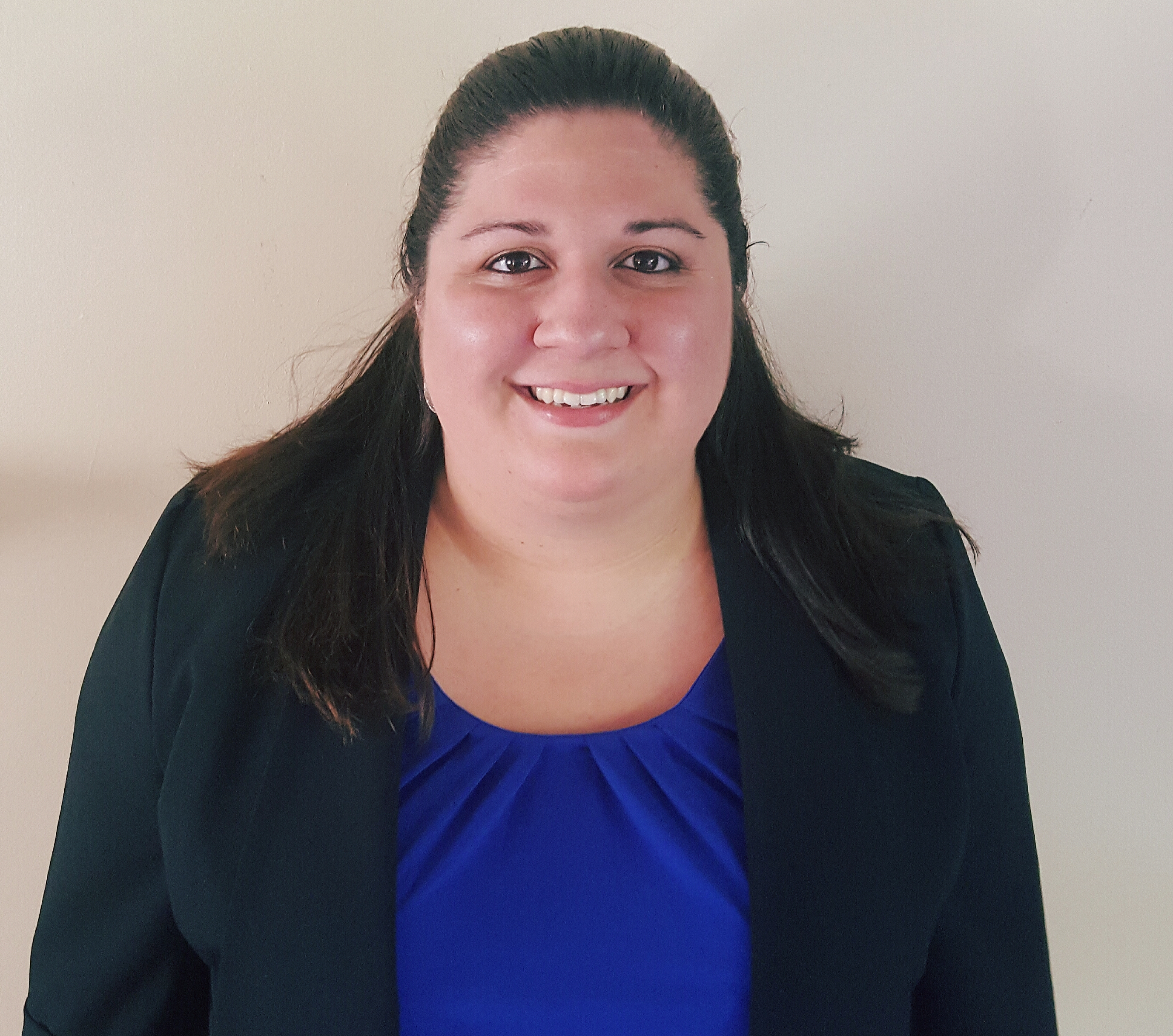
Rachel DeSoto-Jackson is an educator, scholar, and social justice artist whose work focuses on creating diversity, equity, and inclusion through Applied Theater models for social change. Her artistic practice, scholarship, and teaching explore Latinx and minority narratives of identity, culture, and social memory. At the intersection of her work is an emphasis on community-building. Rachel is an Assistant Professor of Applied Theater at Indiana University of Pennsylvania and Director of SPATE (Simulated Patient/Applied Theater Ensemble). This ensemble applies Theatre
of the Oppressed in a continually evolving process of creation to challenge hegemonic systems of oppression and inequality. She holds an MFA in Performance Pedagogy, MA in Theatre and Performance Studies, and MA Certificate in Film Studies from the University of Pittsburgh. Rachel has held fellowships with the International Performing Arts for Youth organization and held appointments as a K. Leroy Irvis Fellow and a Hot Metal Bridge Fellow.
Aaron Moore Ellis, Co-Editor PTO Journal, is a scholar, organizer, editor, facilitator, and performing artist. They hold a MA in Religion, Ethics & Philosophy, and recently completed their PhD in Theatre Studies from Florida State University on Apalachee and Muscogee land, now called Tallahassee, Florida. They now reside on Timucua and Seminole land, known as Orlando, Florida, where they teach Theatre and Religious Studies at Valencia College. They are a production team member of Orlando-based Descolonizarte TEATRO, a professional Latinx theatre company, and work as a facilitator for the Orlando-based Peace and Justice Institute. They serve as a point person for a Justice, Equity, Diversity & Inclusion (JEDI) initiative at Tallahassee-based historical and educational theatre company, Theatre with a Mission. They continue to develop performance-based laboratory research on Embodiment and Radical Ethics, while actively cultivating a practice of what they call “relational editing.”
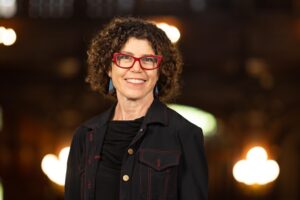 Lisa Jo Epstein, Ph.D. UT Austin, Executive & Artistic Director of Just Act, is a theatre director, educator & seasoned Theatre of the Oppressed practitioner. In the early 1990s she headed to Paris France where she trained for 3 years w/Augusto Boal at the CTO, and w/Ariane Mnouchkine (Théâtre du Soleil). After 7 years at Tulane as Assistant Professor of Theatre, she returned to Philadelphia & co-founded Gas & Electric Arts. She founded Just Act in 2015 as a theatre-based catalyst for healing, change and activism to build a just world. W/Just Act, a distinctive hybrid of artistic & community engagement, Lisa Jo develops and refreshes the capacity of social change seekers to stand up for justice with renewed compassion & emboldened courage to face challenges. Working at the intersection of theatre, social justice, anti-oppression facilitation and community engagement, Lisa Jo integrates her multi-dimensional skills into facilitation and teaching of Theatre of the Oppressed, social justice diversity, equity & inclusion training, education and facilitation of inter-group dialogue; arts and asset-based community development, engagement & planning; organizational & individual capacity development, engagement, expression and activism.
Lisa Jo Epstein, Ph.D. UT Austin, Executive & Artistic Director of Just Act, is a theatre director, educator & seasoned Theatre of the Oppressed practitioner. In the early 1990s she headed to Paris France where she trained for 3 years w/Augusto Boal at the CTO, and w/Ariane Mnouchkine (Théâtre du Soleil). After 7 years at Tulane as Assistant Professor of Theatre, she returned to Philadelphia & co-founded Gas & Electric Arts. She founded Just Act in 2015 as a theatre-based catalyst for healing, change and activism to build a just world. W/Just Act, a distinctive hybrid of artistic & community engagement, Lisa Jo develops and refreshes the capacity of social change seekers to stand up for justice with renewed compassion & emboldened courage to face challenges. Working at the intersection of theatre, social justice, anti-oppression facilitation and community engagement, Lisa Jo integrates her multi-dimensional skills into facilitation and teaching of Theatre of the Oppressed, social justice diversity, equity & inclusion training, education and facilitation of inter-group dialogue; arts and asset-based community development, engagement & planning; organizational & individual capacity development, engagement, expression and activism.
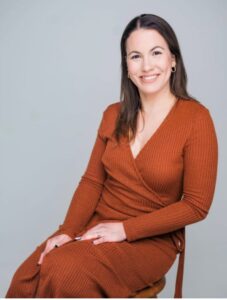 Viviana Quiñones Fabre is glad to be part of the Board because, ever since she discovered the work of Augusto Boal and Paulo Freire, she fell in love with the unique approach of social change. Viviana was trained in Theatre of the Oppressed by Prof. Rosa Luisa Marquez and has been a facilitator since 2016. Viviana has a Masters in Community-Social Psychology and her thesis was a focus in how to use the Theatre of the Oppressed with elementary school students.
Viviana Quiñones Fabre is glad to be part of the Board because, ever since she discovered the work of Augusto Boal and Paulo Freire, she fell in love with the unique approach of social change. Viviana was trained in Theatre of the Oppressed by Prof. Rosa Luisa Marquez and has been a facilitator since 2016. Viviana has a Masters in Community-Social Psychology and her thesis was a focus in how to use the Theatre of the Oppressed with elementary school students.
Currently Viviana is the Manager of a prevention and treatment of HIV Program focus on Latinx population in Indianapolis, IN. She is also part of the bilingual theatre REACT kidz in the same city. Viviana also has experience in grant writing and is interesting in continuing that work as part of the Board.
Pink Flowers is an artist, activist and educator, whose work is rooted in ancient shamanic, African trickster, and Brazilian Joker traditions. Pink uses Theater of the Oppressed, Art of Hosting, Navajo Peacemaking and other anti-oppression techniques, as the foundation of their theater-making, mediation, problem-solving and group healing practices.
They are the founder of Award-winning Falconworks Theater Company, which uses popular theater to build capacities for civic engagement and social change. They have received broad recognition, numerous awards, and citations for their community service. They are a faculty member at Pace University and a company member of Shakespeare in Detroit.
Patricia Freitas, Co-Editor PTO Journal, is a literary translator, founder of GETEPOL (Research Group on Political Theatre) and a Ph.D candidate at the University of São Paulo/ Brazil in the field of Language and Arts. Her research focuses on Augusto Boal’s work in exile, especially the three fairs of opinion he directed, and the relationship between the development of TO techniques and the intensification of repressive policies during the military regime in Brazil. She received her M.A. in Theatre and Performance Studies and her B.A. in Language and Arts, both from the University of São Paulo. She has worked as a theatre critic for teatrojornal.com, and published articles and books on Augusto Boal, including her Master’s thesis Pedagogia da Atuação: uma análise do trabalho teatral de Augusto Boal durante seu exílio na América Latina (Desconcertos, 2019).
Nadia Garzón 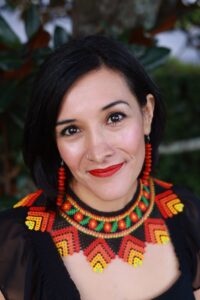 is the Founder and Executive Director of Descolonizarte TEATRO. She is also an actress, director and bilingual voice over talent with more than twenty years of experience in performing arts and entertainment. Her work focuses on Latin American theater with an emphasis on theater for social change and the use of theater as a tool for decolonization. Her work is influenced by her activism and at the core of what she does is the belief that our bodies are crucial for empathy, connection, knowing and healing. Garzón has worked in the United States as well as in several countries abroad including Guatemala, Brazil, Nicaragua, Australia and Mexico. Garzón identifies as a Latina, immigrant, queer, and feminist woman of color. Garzón is also a Theater and Humanities professor at Rollins College and Valencia College. Garzón has been a T.O. practitioner for over 12 years. She was trained at CTO in Rio de Janeiro, Brazil, and was also one of the organizers of the IV Encuentro Latinoamericano de Teatro del Oprimido in Nicaragua
is the Founder and Executive Director of Descolonizarte TEATRO. She is also an actress, director and bilingual voice over talent with more than twenty years of experience in performing arts and entertainment. Her work focuses on Latin American theater with an emphasis on theater for social change and the use of theater as a tool for decolonization. Her work is influenced by her activism and at the core of what she does is the belief that our bodies are crucial for empathy, connection, knowing and healing. Garzón has worked in the United States as well as in several countries abroad including Guatemala, Brazil, Nicaragua, Australia and Mexico. Garzón identifies as a Latina, immigrant, queer, and feminist woman of color. Garzón is also a Theater and Humanities professor at Rollins College and Valencia College. Garzón has been a T.O. practitioner for over 12 years. She was trained at CTO in Rio de Janeiro, Brazil, and was also one of the organizers of the IV Encuentro Latinoamericano de Teatro del Oprimido in Nicaragua
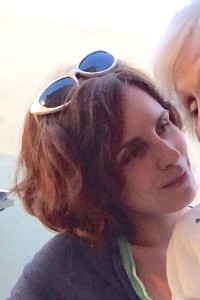 Kelly Howe is teacher/organizer/writer/artist based in Chicago. She is a faculty member at Loyola University Chicago and co-organizes (with Willa Taylor and Jasmin Cardenas) a Chicago collective at the intersection of Theatre of the Oppressed and activism. Kelly co-edited (with Julian Boal and José Soeiro) The Routledge Companion to Theatre of the Oppressed (2019) and (with Julian Boal and Scot McElvany) Theatre of the Oppressed in Actions (Routledge, 2015). Her writing also appears in Theatre Journal, Theatre Topics, Theatre Survey, Text and Performance Quarterly, Comparative Drama, etc. Kelly served two terms as President of PTO and co-organized three past conferences: Austin 2010, Chicago 2011, and Chicago 2015. In collaboration with members of Chicago Workers’ Collaborative and other local artists/educators, she is co-organizing PTO’s 25th conference, Chicago 2020. Kelly is the current coordinator of PTO’s Global Solidarity Action Group and the Current Conference Action Group, and she does English/Spanish translation for many of PTO’s statements and documents. Some other recent contexts in which Kelly has facilitated include the Center for Research and School Development (Technical University of Dortmund, Germany), Indiana University, and meetings of the Workers’ Theatre Collective of the Chicago Workers’ Collaborative and Trabajadores Temporales de Lake County. She has served in various leadership roles with the Association for Theatre in Higher Education, and she has dramaturged and/or directed a range of plays in the Chicago area and elsewhere. Kelly is an advisory board member of Jana Sanskriti International Research and Resource Institute, West Bengal, India. In her previous teaching position, she worked in the theatre department at North Central College (where she was the coordinator of the Gender and Women’s Studies Program and faculty coordinator of the Safe Zone LGBTQIA ally education program).
Kelly Howe is teacher/organizer/writer/artist based in Chicago. She is a faculty member at Loyola University Chicago and co-organizes (with Willa Taylor and Jasmin Cardenas) a Chicago collective at the intersection of Theatre of the Oppressed and activism. Kelly co-edited (with Julian Boal and José Soeiro) The Routledge Companion to Theatre of the Oppressed (2019) and (with Julian Boal and Scot McElvany) Theatre of the Oppressed in Actions (Routledge, 2015). Her writing also appears in Theatre Journal, Theatre Topics, Theatre Survey, Text and Performance Quarterly, Comparative Drama, etc. Kelly served two terms as President of PTO and co-organized three past conferences: Austin 2010, Chicago 2011, and Chicago 2015. In collaboration with members of Chicago Workers’ Collaborative and other local artists/educators, she is co-organizing PTO’s 25th conference, Chicago 2020. Kelly is the current coordinator of PTO’s Global Solidarity Action Group and the Current Conference Action Group, and she does English/Spanish translation for many of PTO’s statements and documents. Some other recent contexts in which Kelly has facilitated include the Center for Research and School Development (Technical University of Dortmund, Germany), Indiana University, and meetings of the Workers’ Theatre Collective of the Chicago Workers’ Collaborative and Trabajadores Temporales de Lake County. She has served in various leadership roles with the Association for Theatre in Higher Education, and she has dramaturged and/or directed a range of plays in the Chicago area and elsewhere. Kelly is an advisory board member of Jana Sanskriti International Research and Resource Institute, West Bengal, India. In her previous teaching position, she worked in the theatre department at North Central College (where she was the coordinator of the Gender and Women’s Studies Program and faculty coordinator of the Safe Zone LGBTQIA ally education program).
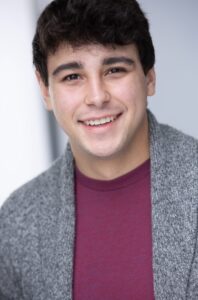 Ethan Kankula is a west coast based artist, educator, facilitator, and theatre practitioner with a focus in applied theatre and TO techniques. Creating work circles for community members and students to speak openly and devise stories with the use of popular education is something Ethan has been a part of for more than 9 years. In Los Angeles, he joined with the Skid Row Museum and the LAPD (Los Angeles Poverty Department) to provide tools and transportation to those in skid row as well as sharing any and all PTO tools in hopes of creating action and awareness of the skid row community and their needs.
Ethan Kankula is a west coast based artist, educator, facilitator, and theatre practitioner with a focus in applied theatre and TO techniques. Creating work circles for community members and students to speak openly and devise stories with the use of popular education is something Ethan has been a part of for more than 9 years. In Los Angeles, he joined with the Skid Row Museum and the LAPD (Los Angeles Poverty Department) to provide tools and transportation to those in skid row as well as sharing any and all PTO tools in hopes of creating action and awareness of the skid row community and their needs.
His involvement with PTO began in 2016 as a planning committee member in bringing the 22nd annual PTO conference to Detroit! Ethan hopes to continue his growth with community organizers and encourages you to continue spreading peace.
Chetna Mehrotra is an Applied Theater Practitioner, a Drama Based Learning facilitator, a TO (Theater of Oppressed) practitioner, Playback Theater practitioner, and a Dance Movement Language practitioner. Her vision is to take these forms of art based facilitation to workspaces, open learning spaces, classes and training rooms, thereby creating a culture of expression, acceptance and love between people.
She has initiated, designed and developed India’s first Applied Theatre Social Arts course in collaboration with ImaginAction (California).
She has also pioneered in her initiative in Theatre- in-Education in teaching English Literature curriculum in schools through Applied Theatre
The purpose behind joining the board is to create youth voices worldwide and have them identify systemic oppressive structures around them as well as within. Keeping that in mind, Chetna also integrated Theatre of the Oppressed in Applied Theatre modules as curriculum for children at Lokhandwala Public School, and Bombay Scottish School in Mumbai. She has also created a Theatre of the Oppressed performance “Raise Your Hand (Only if you have the right answer)” which has been performed at seven occasions for the multi-continental audience, including that of India, US, UK and Spain.
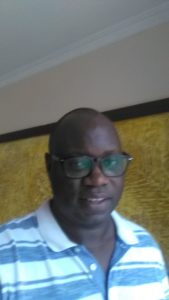 Maxwel Eliakim Okuto: Maxwel Okuto, is the Director of Amani People’s Theatre Kenya an organisation that applies interactive multi-arts approaches to peacebuilding and conflict transformation. He is a practitioner of Applied Theatre, Theatre of the Oppressed, and a storyteller with over ten years’ experience, locally and internationally. He has co-authored Forum Theatre in East Africa the Domain of the Possible 2015 (Africa conflict & Peacebuilding review Vol 5) Indiana press university and Okuto, M. and Smith, B. (2017) ‘Reflecting on the Challenges of Applied Theatre in Kenya’, in Research in Drama Education: The Journal of Applied Theatre and Performance. Maxwel has a broad experience in facilitating art based peacebuilding initiatives.
Maxwel Eliakim Okuto: Maxwel Okuto, is the Director of Amani People’s Theatre Kenya an organisation that applies interactive multi-arts approaches to peacebuilding and conflict transformation. He is a practitioner of Applied Theatre, Theatre of the Oppressed, and a storyteller with over ten years’ experience, locally and internationally. He has co-authored Forum Theatre in East Africa the Domain of the Possible 2015 (Africa conflict & Peacebuilding review Vol 5) Indiana press university and Okuto, M. and Smith, B. (2017) ‘Reflecting on the Challenges of Applied Theatre in Kenya’, in Research in Drama Education: The Journal of Applied Theatre and Performance. Maxwel has a broad experience in facilitating art based peacebuilding initiatives.
Rachel Radina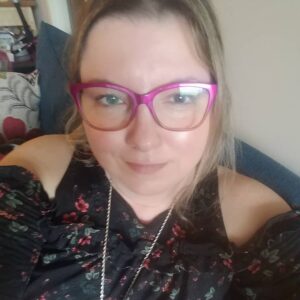 is currently an Assistant Professor of K-12 Educational Leadership in the College of Education at Eastern Michigan University. She has worked in communities and schools for the past fourteen years and is committed to anti-racist work in solidarity with students, teachers and community partners. During her time as an educator she has taught classes designed to help students understand systems of power, privilege and oppression and to understand their role in working towards positive social change. Equity diversity, and inclusion are at the core of her curriculum, pedagogy, research and scholarship. Rachel has experience creating experiential, community-based educational opportunities and projects that are mutually beneficial for students and community partners. Through her work she is always looking for spaces that embody radical love and resistance—PTO is one of those spaces!
is currently an Assistant Professor of K-12 Educational Leadership in the College of Education at Eastern Michigan University. She has worked in communities and schools for the past fourteen years and is committed to anti-racist work in solidarity with students, teachers and community partners. During her time as an educator she has taught classes designed to help students understand systems of power, privilege and oppression and to understand their role in working towards positive social change. Equity diversity, and inclusion are at the core of her curriculum, pedagogy, research and scholarship. Rachel has experience creating experiential, community-based educational opportunities and projects that are mutually beneficial for students and community partners. Through her work she is always looking for spaces that embody radical love and resistance—PTO is one of those spaces!
Maria Tereza Schaedler-Luera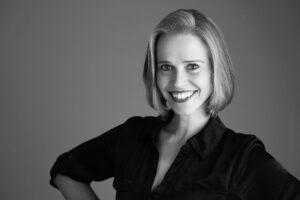 is a Brazilian-born educator and artist with experience in theater, arts and literacy, and cross-cultural engagement. She studied with Augusto Boal and has taught classes that focus on Theater of the Oppressed techniques for a variety of organizations and schools. Maria has a Masters in Intercultural Relations from Lesley University. Being originally from Brazil, her multicultural and diverse lens and language skills help her act as a bridge connecting people, projects and experiences in the community.
is a Brazilian-born educator and artist with experience in theater, arts and literacy, and cross-cultural engagement. She studied with Augusto Boal and has taught classes that focus on Theater of the Oppressed techniques for a variety of organizations and schools. Maria has a Masters in Intercultural Relations from Lesley University. Being originally from Brazil, her multicultural and diverse lens and language skills help her act as a bridge connecting people, projects and experiences in the community.
Maria moved to the United States in 2004 and since then has been engaged in working with immigrants, youth at risk, non-profits, public schools, and arts organizations. She currently designs and pilots teaching models and workshops for schools and nonprofits, focusing on culturally relevant teaching, bilingual programs, and mental health. She also serves as the co-chair for our local District ESOL Parent Leadership Council where she has the opportunity to meet with representatives from the district ESOL Program and parents of ELL students to share information, ideas and concerns of issues affecting families. Prior to transitioning to being a full-time consultant in 2019, she served as the Manager for Arts Integration at Any Given Child Sarasota where she was a part of the creation of new programs, managing and editing grants, organizing and delivering professional development, as well as responsible for their social media accounts, newsletter and website.
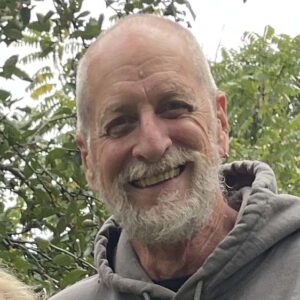 Mark Weinberg is Co-director, with Jenny Wanasek, of The Center for Applied Theatre (CAT – www.centerforappliedtheatre.org). He co-founded the Theatre and Social Change focus group of ATHE with Doug Paterson, has been a member of PTO for over 20 years, hosted the 9th PTO conference in Milwaukee, previously served on the PTO Board from 2011-2018, and was editor of issues 4-6 of the PTO Journal. Mark began his study of TO with Augusto Boal in 1992 and has conducted workshops and training sessions for educators, administrators, students, activists, theatre-makers, and community organizations in the U.S., Australia, Canada, and Europe. Jenny and Mark were teaching artists in Milwaukee Public Schools for 18 years and continue to work with educators and youth. In addition, they offer interactive and collaborative workshops that use techniques drawn primarily from TO and The Virtues Project to provide provocative and transformative learning experiences, invite open dialogue, develop creativity, explore power and privilege, identify problems, and actively test solutions for real life implementation. They are committed to challenging social and political systems, imagining just and humane societies, and designing actions to generate community, fight internal and external oppressions, and transform the world.
Mark Weinberg is Co-director, with Jenny Wanasek, of The Center for Applied Theatre (CAT – www.centerforappliedtheatre.org). He co-founded the Theatre and Social Change focus group of ATHE with Doug Paterson, has been a member of PTO for over 20 years, hosted the 9th PTO conference in Milwaukee, previously served on the PTO Board from 2011-2018, and was editor of issues 4-6 of the PTO Journal. Mark began his study of TO with Augusto Boal in 1992 and has conducted workshops and training sessions for educators, administrators, students, activists, theatre-makers, and community organizations in the U.S., Australia, Canada, and Europe. Jenny and Mark were teaching artists in Milwaukee Public Schools for 18 years and continue to work with educators and youth. In addition, they offer interactive and collaborative workshops that use techniques drawn primarily from TO and The Virtues Project to provide provocative and transformative learning experiences, invite open dialogue, develop creativity, explore power and privilege, identify problems, and actively test solutions for real life implementation. They are committed to challenging social and political systems, imagining just and humane societies, and designing actions to generate community, fight internal and external oppressions, and transform the world.
Mark has published and lectured widely on theatre and social activism, chronicled the development of collective theatre in Challenging the Hierarchy: Collective Theatre in the United States (Greenwood Press, 1992), co-authored with Jenny Wanasek a chapter in Come Closer: Critical Perspectives on Theatre of the Oppressed (Lang, 2012), and co-authored “Shaking the Hands of Our Mentors” in the first issue of the PTO Journal. Incidentally, Mark has an MFA in Directing and a Ph.D. in Theatre History from the University of Minnesota, holds a 7th Degree Black Belt in Karate, and has over 35 years of university teaching experience. His current side gig is as a storytelling coach and workshop leader with Ex Fabula. Mark is honored to have the opportunity to work for PTO to increase its membership, its influence, and its effectiveness as an activist organization.
Doug Paterson, Emeritus, is Professor of Theatre at the University of Nebraska at Omaha. While he has published on numerous topics, his passion remains theatre and social change. He is co-founder of three theatres including the Dakota Theatre Caravan in South Dakota, the Circle Theatre in Omaha, and an Omaha group dedicated to TO work. To date he has offered over 200 Theatre of the Oppressed workshops and presentations in Omaha, across the US, and around the world. International sites include Rio de Janeiro, Israel, Iraq, Liberia, Australia, India, Croatia, and Palestine. Doug began the Pedagogy and Theatre of the Oppressed series of international Conferences in 1995. Doug Paterson continues to work actively to promote the work of Augusto Boal and Paulo Freire and is a peace and social justice activist in the Great Plains.


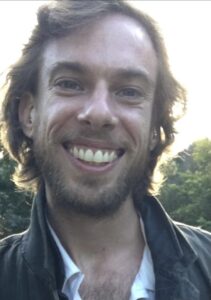
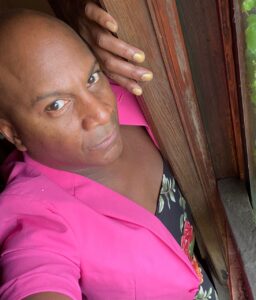
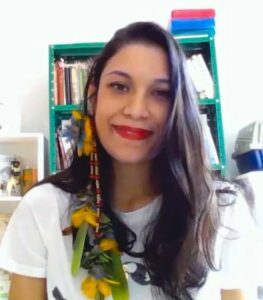
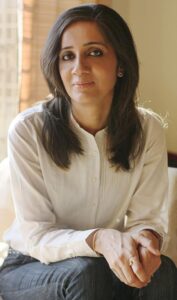
You must be logged in to post a comment.